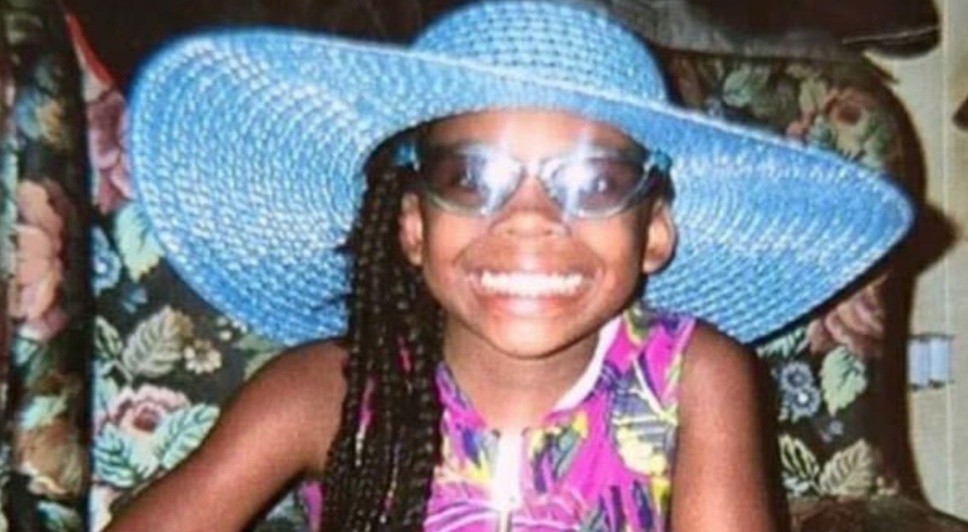
The mother of a 10-year-old girl in Pennsylvania who died while attempting a viral TikTok challenge was given the green light to take the social media platform to court.
Nylah Anderson's mother, Tawainna Anderson, found her daughter in December 2021 hanging from a purse strap in a bedroom after the young girl tried a viral trend called the "Blackout Challenge" and asphyxiated herself.
The lawsuit against TikTok and their parent company, ByteDance, states that the challenge encourages children to choke themselves until passing out, according to Miami Herald.
Nylah held on for days but ultimately died while receiving treatment in a pediatric intensive care unit.
Her mother is suing the social media company, alleging that the "app and algorithm are intentionally designed to maximize user engagement and dependence and powerfully encourage children to engage in a repetitive and dopamine-driven feedback loop by watching, sharing, and attempting viral challenges and other videos."
"TikTok is programming children for the sake of corporate profits and promoting addiction," the complaint said.
In 2022, a federal judge dismissed the case and rejected Anderson's claims.
At the time, US District Judge Paul S. Diamond, a George W. Bush appointee, wrote:
"Defendants' algorithm was a way to bring the challenge to the attention of those likely to be most interested in it," which he says shields third parties from any liability.
However, a federal appeals court reversed the decision on Tuesday and declared that despite the Supreme Court decision to acknowledge social media networks have a First Amendment right to engage in "expressive activity," TikTok could still face consequence.
The judges made a distinction between the TikTok-generated algorithm and third-party users that Nylah Anderson might have sought out.
They noted that Anderson's claims not based on TikTok's algorithm might be blocked by Section 230, which protects platforms from liability for user content, but that's for the lower court to decide.
US Circuit Judge Paul Brian Matey, a Donald Trump appointee, described TikTok's response to Nylah's death as "casual indifference" and argued that "Anderson's estate may seek relief for TikTok's knowing distribution and targeted recommendation of videos it knew could be harmful."
The time for accountability has come, said Matey.
"The marketplace of ideas, such as it now is, may reward TikTok's pursuit of profit above all other values. The company may decide to curate the content it serves up to children to emphasize the lowest virtues, the basest tastes. It may decline to use a common good to advance the common good," he wrote.
"But it cannot claim immunity that Congress did not provide."




